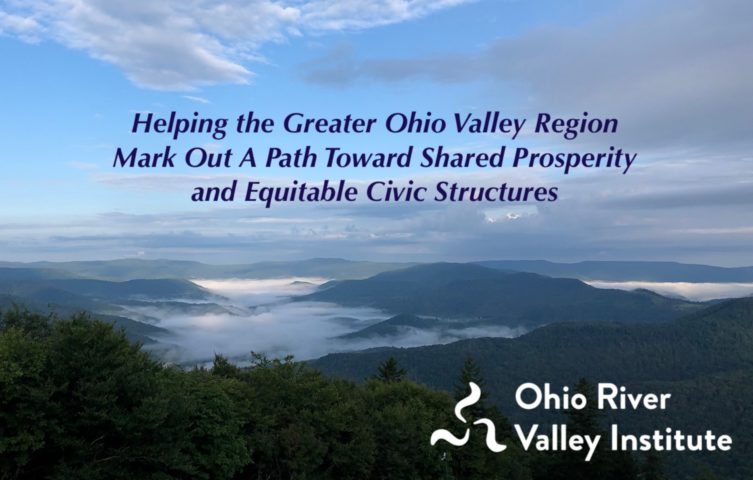|
Back at my desk in Pennsylvania, I have the strong sensation of being in the eye of a storm; the past few months of frenzied political campaigning and voter education have crescendoed, Election Day has arrived, and the gaze of the nation is upon us as we all await the results. At this moment, we do not know how long this period of uncertainty will last – it could take days, or even longer – but the important thing is that every eligible vote is honored and the integrity of our democracy affirmed.
Over the coming days, one thing that will not be in dispute is the importance of data. In this edition of the ORVI Insider, we feature our Advisory Council Member, Monica Unseld, Ph.D, MPH, an environmental justice advocate and founder of Data for Justice. Dr. Unseld is committed to making research and data accessible to community members, supporting civic engagement, and local organizing. With a deep respect for the expertise gained through lived experience, Dr. Unseld approaches her work with humility and curiosity in addition to scientific integrity.
We also share an update on the Supreme Court case that could determine whether certain mail-in ballots in Pennsylvania are counted, and a new piece from Senior Researcher Sean O’Leary on why Donald Trump would likely be disappointed by the results of his proposed economic analysis of the fracking industry. |





